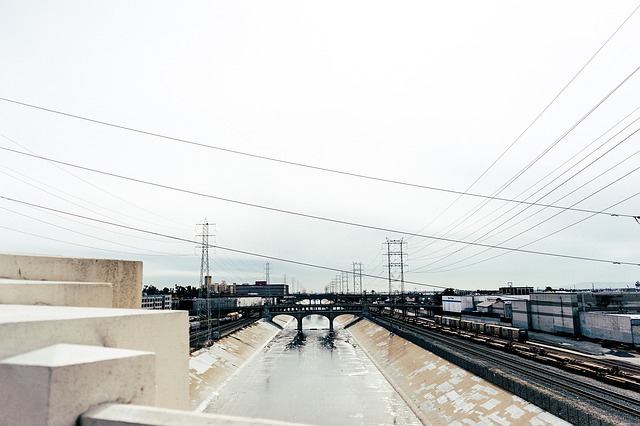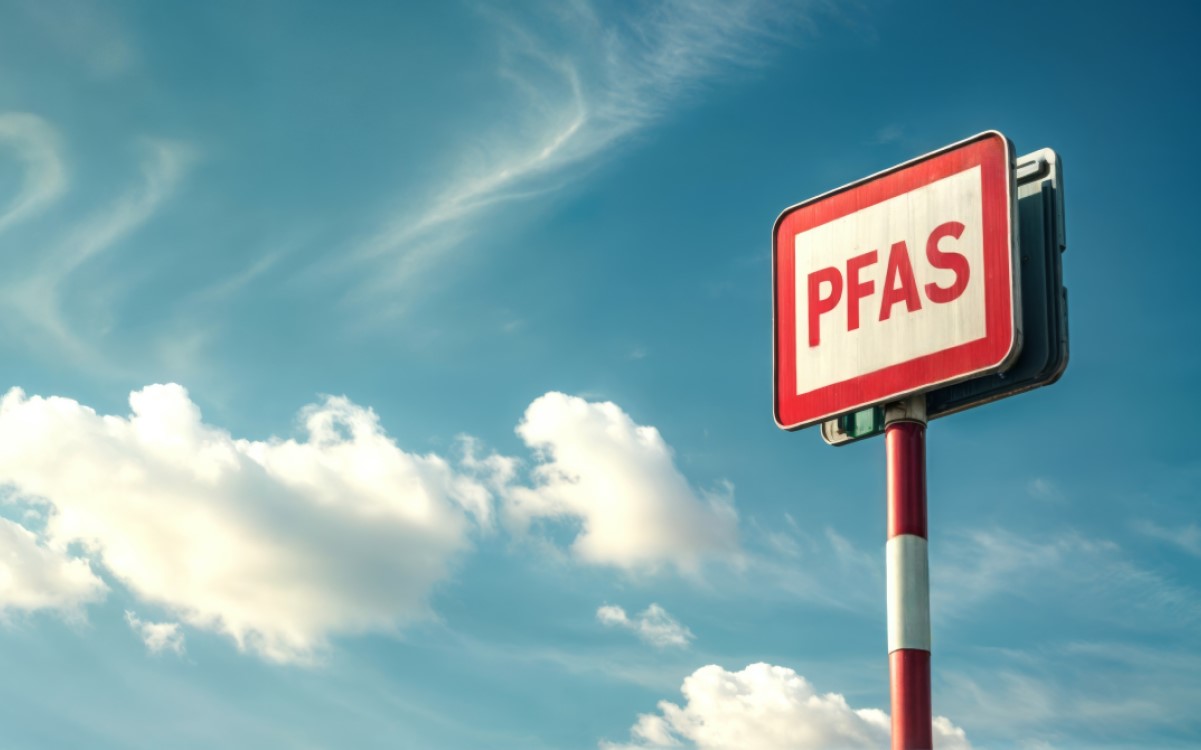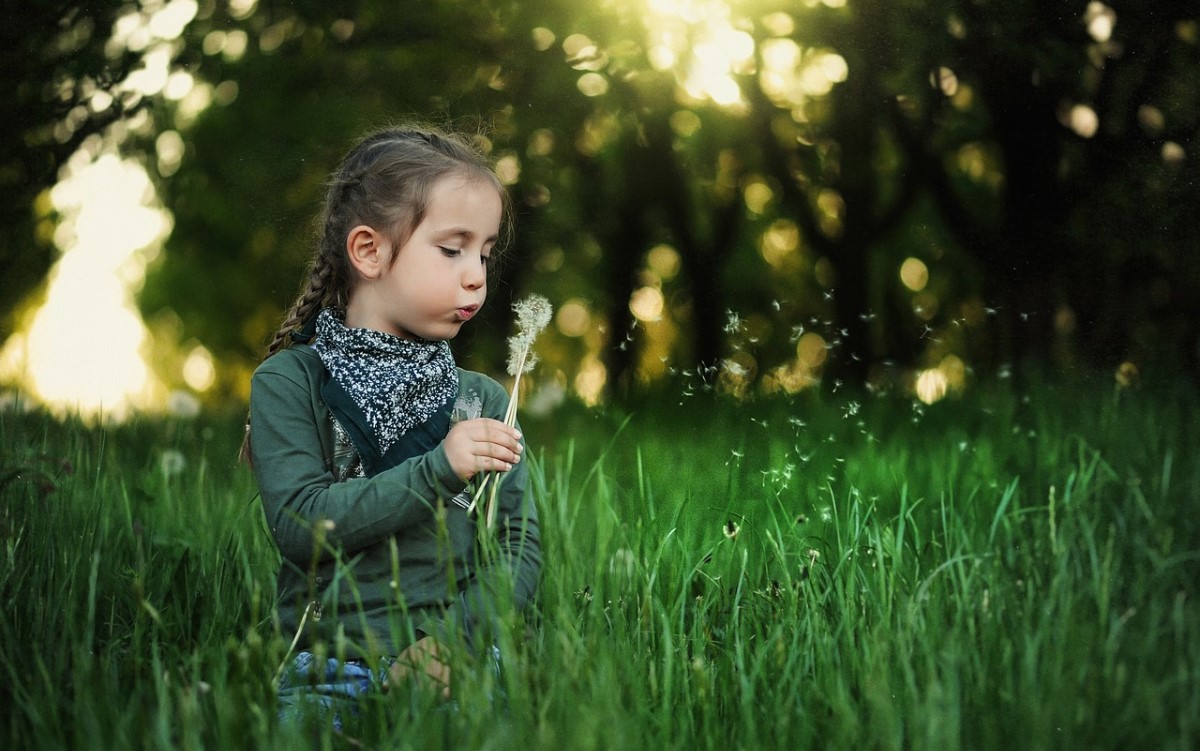The 10th report on the implementation of the "Urban Waste Water Treatment Directive" (UWWTD) shows that compliance rates with EU waste water collection and treatment rules are high and have increased compared to the previous reporting period. This helps prevent pollution of the environment. While the trend remains positive, full compliance with the Directive has not yet been achieved. Finance and planning remain the main challenges for the water service sector.
EU Commissioner for the Environment, Fisheries and Oceans Virginijus Sinkevičius said: "This report confirms that the collection and treatment of wastewater is improving all over the EU. The EU rules have played a crucial role in improving the quality of the rivers, lakes and seas on our continent, with a beneficial impact on European citizens’ health and quality of life. However, progress has not been even and in some EU Member States waste water infrastructure needs better planning and more financing. We will now do our utmost to drive innovation and new investments in environmental infrastructure everywhere in Europe."
The report shows that 95% of wastewater in the EU is collected and 88% is biologically treated. While the trend is positive, there is still work to do – 1% of urban wastewater is still not collected and over 6% is not sufficiently well treated to meet secondary biological treatment standards. The current level of investments in many Member States is too low to reach and maintain compliance with the Directive in the long term, with several EU towns or cities still needing to build or modernize their infrastructure for collecting wastewater, as well as to put modern treatment plants in place.
A recently published OECD study provides the European Union with a clear picture of investment gaps. The Commission will work with the relevant Member States to make the best use of the opportunities offered by the new Multiannual Financial Framework and the Recovery Plan for Europe by including water treatment and sanitation as a top priority.
The report covers over 23,500 EU towns and cities that fall under the scope of the Directive, where people and industry generate over 610 million population equivalents of wastewater every year. This is around 490 million bath tubs of waste water per day.
Further information is available on the European Commission’s website
Urban wastewater: EU report shows overall improvement
Kategorie: Branche
Thema: Water Solutions
Autor: Jonas Völker
Das könnte Sie auch interessieren:
Passende Firmen zum Thema:
Publikationen
Sie möchten die gwf Wasser + Abwasser testen
Bestellen Sie Ihr kostenloses Probeheft
Überzeugen Sie sich selbst: Gerne senden wir Ihnen die gwf Wasser + Abwasser kostenlos und unverbindlich zur Probe!







